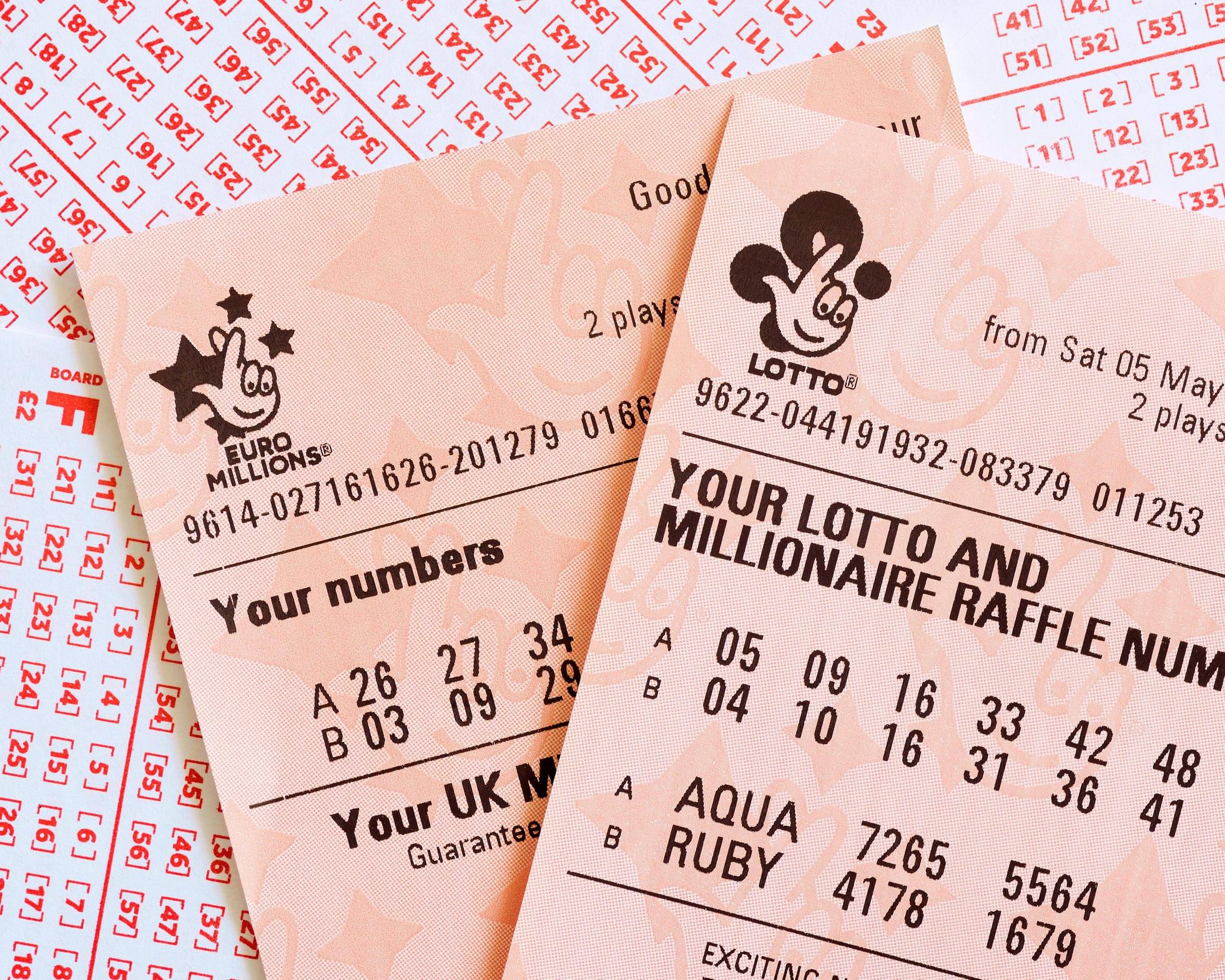
A lottery is a random event where a small group of people are selected to win prizes. It is a popular form of gambling and has been used for centuries.
The first recorded lottery was held by Augustus Caesar to fund municipal repairs in Rome. Lotteries have also been used to raise money for public projects, such as roads and colleges. They are still in use today.
In the United States, they played a major role in financing many of the early colonies and helped build several American colleges, including Harvard, Dartmouth, Yale, King’s College (now Columbia), William and Mary, Union, and Brown University. Some lotteries were even held to aid the Revolutionary War.
They are generally viewed as a way to collect tax revenues without raising taxes on the general public. In fact, they have won broad public support in virtually every state, regardless of the prevailing fiscal condition.
Most states with lotteries require both legislative approval and public referendums on their establishment. Moreover, the majority of citizens in those states report playing the lottery at least once a year.
Public support is largely based on the belief that the proceeds of the lottery benefit a specific public good, such as education. This argument is effective in times of economic stress and when politicians are attempting to increase tax revenue. However, studies have shown that lottery revenues are not strongly related to the underlying state’s financial health.
The majority of lottery funds are distributed to winners, but a small amount is retained by the state. This money is called the “pool.” The pool is a collection of all the tickets that are eligible for the particular drawing.
In order to play the lottery, players buy a ticket, which may be a paper form or a plastic card. These tickets are then deposited with the lottery organization and entered into a pool of numbers for possible selection in a drawing.
Traditionally, the lottery has been a lottery of chance; the draw is a purely random process and all numbers have an equal probability of being chosen. However, there are a few strategies that can slightly increase the odds of winning.
For example, playing more than one lottery game or buying more tickets can increase your chances of hitting a jackpot. This is because each game has a limited number of combinations, so you are less likely to be drawn to the same sequence.
It is also important to select the correct sequence of numbers. Avoid selecting numbers that are close together or that have some emotional significance, such as your birthday. These are all common mistakes that can reduce your odds of winning.
To improve your odds of winning, try to choose numbers that are not commonly chosen by other people. It is also a good idea to buy fewer tickets.
If you don’t have enough money to purchase a large number of tickets, consider joining a lottery club that pools its members’ money and purchases a large number of tickets. This can also slightly increase your chances of hitting the jackpot.
